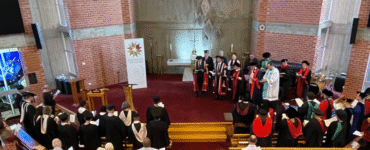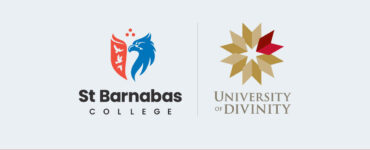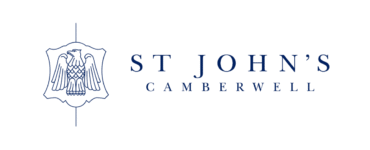The Research Grants Panel is pleased to announce award of the total $450,000 in funding across four projects, which will run from July 2021 to November 2022.
Reflecting on the outcome, the Dean of Research Strategy, Professor Wendy Mayer, comments:
This is an exciting moment in the life of the university. The Grants Panel received nine strong applications that highlight the quality and diversity of the research being undertaken by staff that meets the University’s vision. The strength of current networks between university researchers and other universities and organisations within Australia and overseas is evident in the applications and something that the university can celebrate. I only wish that a greater number of projects could have been funded under the scheme.
The Vice-Chancellor, Professor Peter Sherlock, said:
I congratulate all applicants on the quality of their proposals. The four projects funded under the scheme illustrate the depth and breadth of the University’s research capacity. The projects will contribute greatly to the University’s vision and strategic plan. They will grow the University’s research activities and deliver creative outcomes in a wide range of areas including Indigenous theologies, the conservation of ancient manuscripts, and addressing contemporary social and political issues.
Summary of the projects
The evidence-based (re)design of resources that equip friends and families to offer spiritual care to persons living with dementia and with whom they have been closely associated over time
Australia and the UK are contexts where the spiritual care of persons living with dementia reflects individualist assumptions. With the increasing numbers of persons living with dementia from non-European backgrounds, age-care providers are having to reconceive patterns of spiritual care by locating spiritual care within a nexus of relationships that existed prior to the person developing dementia. Our meta-analysis of the existing research literature suggests that this aspect of the provision of spiritual care to persons living with dementia is under-researched.
Our project will reduce the anxiety levels and increase the confidence of families and friends offering spiritual care to people living with dementia. Our research will contribute to the evidence-based informing a growing appreciation that spiritual care is better offered through a network of individuals who know the person living with dementia.
Watermarks: the key to dating and validating manuscript production
Manuscripts contained in monastic libraries are one of our most important witnesses to cultural heritage. They fascinate both scholars and the general public largely because of their antiquity. One of the most crucial factors used in weighing the importance of a Christian manuscript is its date. While manuscripts frequently contain colophons (scribal signatures mentioning the year the manuscript text was written), it is not uncommon for scribes to provide no date. So how does one date an undated manuscript? A fundamental aspect of producing a codicological manuscript catalogue that incorporates trends on the development of scribal conventions and book production pertains to dating, and when manuscripts are not dated, watermarks can prove an invaluable means of ascertaining dates more accurately than the imprecise science of palaeography that produces only ranges of possible dates, or radiocarbon dating that is a destructive process and only yields dates within a probable range of one to two centuries and is unsustainable in terms of artifact preservation.
Watermarks are key to retracing the origins of paper manuscripts, and so the value of the proposed initiative lies in the fact that it will offer a window into the history of human networks and trade practices in the medieval and early modern Mediterranean world, and for the first time offer scholars and the wider community a valuable dating reference of watermarks contained in manuscripts that originate from a purely Christian-Egyptian setting.
Openings for collaborative theology through classical Yolŋu and Warlpiri epistemologies
This research explores the question, what openings for collaborative theology are offered by classical Yolŋu and Warlpiri epistemologies? Designed with Indigenous investigators, this project seeks to demonstrate possibilities for nuanced theological engagement with Indigenous people and cultures, in ways that are both critical and creative.
For Warlpiri and Yolŋu people, traditional knowledge is contained within practices of song, story and relationship to country. These practices are not exclusive but grow outwards, incorporating diverse people and narratives within an expansive understanding of identity and purpose. Through established partnerships between investigators, collaborative processes inherent to these practices will be explored, as they suggest relevant intersections with Christian theological enquiry.
Figuring the Enemy: Socio-Cognitive and Political Theological Approaches to the Question of Enmity
Figuring the Enemy investigates the structures that produce and disguise forms of enmity. In using methodologies from political theology the project will explore the genealogical roots of contemporary forms of enmity, and in using socio-cognitive approaches to theology and religion the project will examine the psychological dynamics of enmity. Integrating these two methodological approaches through collaboration hosted by the University of Divinity and the University of St Andrews, the project will produce innovative approaches to both disciplines, as well as impactful research exploring the roots of contemporary forms of enmity.






Hearty congratulations to all these scholars for their innovative and highly relevant research projects. Wishing you well.